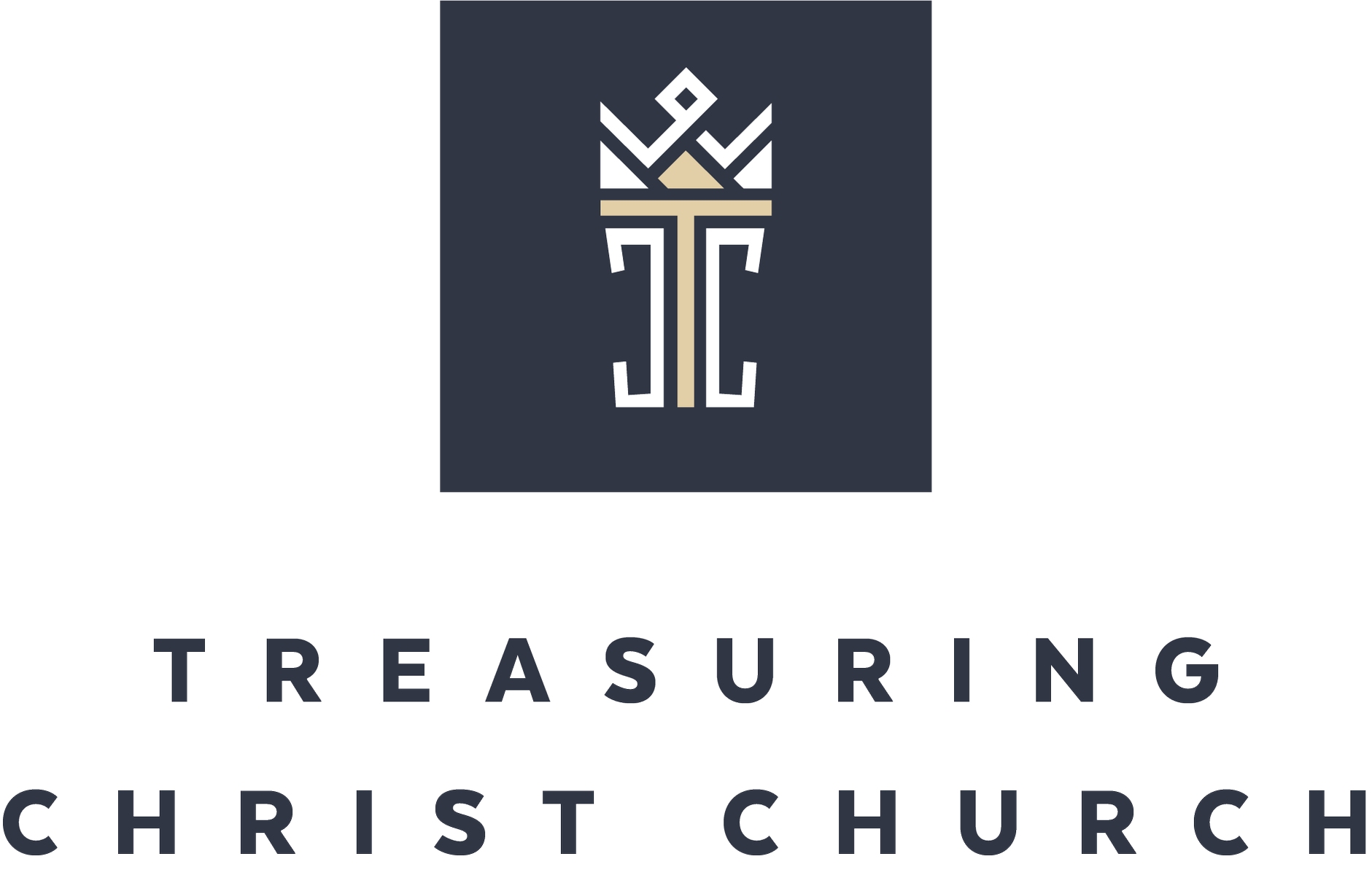Facing Our Fears and Facing God - Genesis 32-33
What do you fear? Most of us can probably think of a few things that tend to cause apprehension — things like heights, spiders, flying, or public speaking. Our most deep-rooted fears, though, tend to be about weightier topics. What if we lose someone we love? What if we don’t find someone to marry, or lose our job, or fail to prepare adequately for the future? Beneath all these fears lies an awareness of our lack of control.
On Sunday, Pastor Michael preached on Genesis 32-33, helping us see that the end of self-sufficiency is the beginning of enjoying God’s blessing.
In the passage, Jacob was afraid. While journeying back to Canaan, he anticipated an encounter with his brother, Esau. Jacob had fled from Esau earlier, when his brother had sought to kill him. Now, Jacob feared that Esau would attack him and his family.
Jacob heard that Esau was coming, and that he was bringing 400 men with him. In fear, Jacob planned for the worst. He divided the people and animals into two camps so that one might escape if the other was attacked. He also prepared droves of animals to go before him as a gift to appease Esau. The most important thing Jacob did, though, was pray.
Jacob expressed his fear to the Lord, holding fast to the promise God had made to him. Previously, the Lord had commanded Jacob to return to his country, and had promised to do him good. Jacob recognized that he was unworthy of the love and faithfulness God had shown him, and he asked that the Lord would deliver him from the hand of his brother.
That night, Jacob was left alone, and a man wrestled with him until day broke. The man touched Jacob’s hip socket, and his hip was put out of joint. Still, Jacob refused to let go of the man until he received a blessing. The man asked Jacob’s name, to which he responded, “Jacob.” The man changed Jacob’s name to Israel, for he had striven with God and with men, and had prevailed. The man blessed Jacob. Jacob left the encounter limping, in awe that he had seen God face to face, and yet his life had been delivered.
The next day, Jacob saw Esau and the hundreds of men with him approaching. To his amazement, though, Esau did not seek revenge. Rather, Esau ran to his brother, embraced him, and kissed him. Together, the two brothers wept.
God was faithful to His word. He brought Jacob safely back to Canaan, with a new name that symbolized his new identity.
Jacob experienced a great blessing after expressing his dependence upon God. We see today too that the end of self-sufficiency is the beginning of enjoying God’s blessing. We cannot rely on our own merit to receive the blessings of salvation. Rather, we must abandon hope in ourselves and trust in Christ, whose sacrifice is perfectly sufficient.
Resources:
Trading Fear for Fear — Christina Fox
A Wrestling People — Ligonier Ministries
Reflection Questions:
What do you fear most?
How does this passage encourage you to handle your fears?
How does the fear of God differ from other fears?
